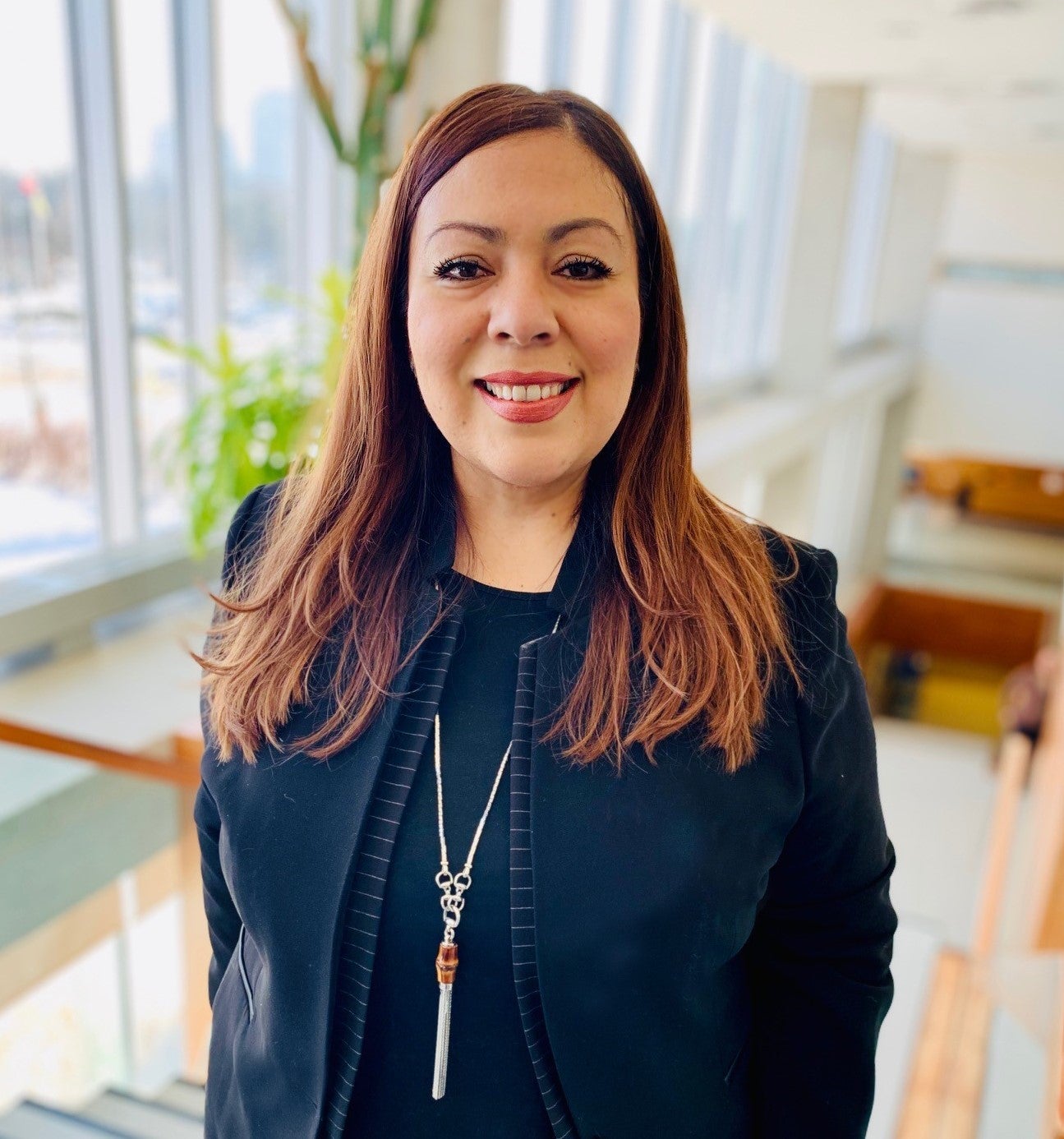My
OER
project


Advancing Intercultural Competence for Global Learners
What prompted you to become involved in OER?
I have been involved in OER projects lead by different universities for over a decade and I have had the opportunity to see the benefits of self-facilitated learning in practice. My interest in OERs stems, first, from the ability to share reliable content and good practice allowing us, in turn, to learn from what our peers and colleagues are developing. Second, is the actual impact OERs have in the community of users, whether they are members of our own institution or learners from across the globe, where they can work at their own pace, enhancing their knowledge and skills, and accessing reliable materials without any additional cost.
What excites you most about your OER project?
We received a grant from eCampus Ontario to develop open access modules supporting intercultural competence development (a project lead by Dr Christine McWebb). As content developer, something that really excited me in this project was bringing together intercultural development theory and real-life examples and experiences. This is vital, because we may read about cultural values, microaggressions, how to be a better communicator in intercultural contexts, or how to deconstruct stereotypes, but we need dedicated time and guidance to reflect on what we are learning, to dig deeper into our own experience and perspectives, valuing and understanding other people’s realities. This is where truly transformative learning resides, and we are able to create a space for it within this project.
A lot of instructors are hesitant about OER. Do you share those hesitations? How do you address them?
While there may be concerns surrounding intellectual property and the effectiveness of online-based programming, the fact is that OERs provide ways to enhance our own and our colleagues’ practice, because we learn from and support each other’s work while developing tailored content needed in our programming. OERs are undoubtedly effective, accessible, scalable, and support our work beyond the physical space and across national lines. If a resource is well designed, it will be properly used by learners. The key here is to ensure content is sound, reliable, and relatable, with a good balance between explanations and examples; interactions are constant, consistent, and varied and are pedagogically sound; the program is quality-checked and reviewed for accessibility, and finally, one feels excited about working with the content and activities. If it feels dull or boring to us, it is likely it will be much worse for our learners, if it is informative and engaging, it will encourage them to use it beyond our expectations.
Can other instructors interested in OER reach out to you?
Yes, at s.lopezrocha@uwaterloo.ca.